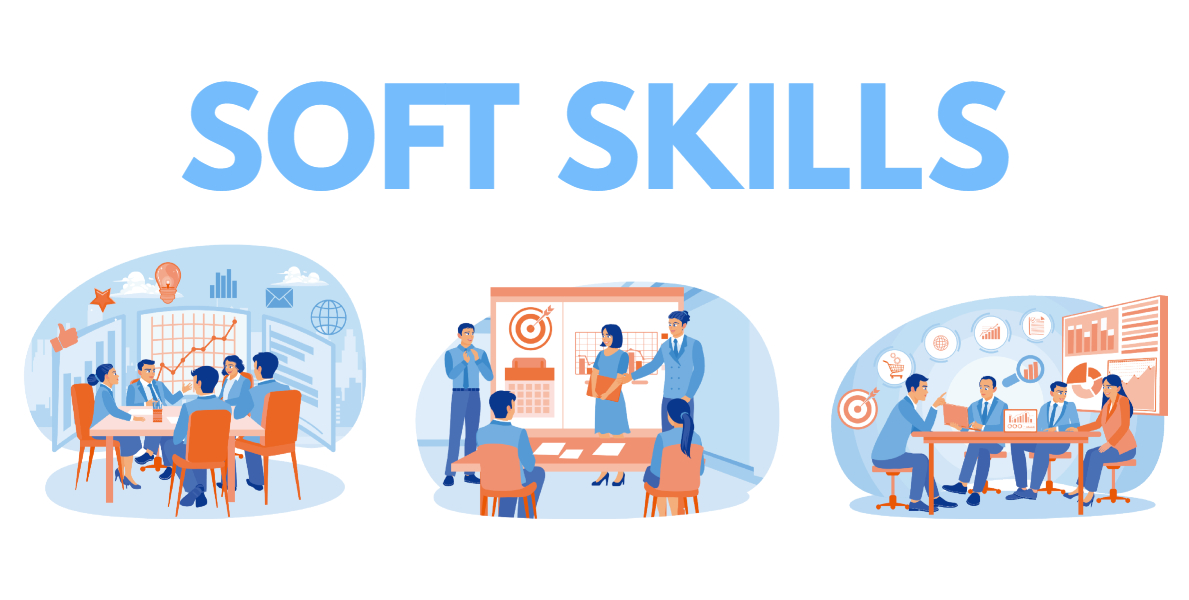When people hear “management,” they often picture business models, performance charts, and quarterly growth figures. Strategy has long been seen as the backbone of leadership. But in today’s workplaces—especially in hospitality, tourism, or culinary industries—strategy alone doesn’t ensure success. What truly sets professionals apart are soft skills.
The Shift Towards Human-Centered Leadership
Modern organizations operate in fast-moving environments. Technology advances rapidly, markets change overnight, and customer needs evolve constantly. In the middle of this, it’s the human side of leadership that keeps teams steady. A manager who listens, handles conflicts, sparks creativity, and shows empathy has a stronger impact than one who simply enforces rules. Students pursuing programs in hospitality or tourism in Kolkata often discover during internships that communication skills weigh as much as technical expertise.
What Soft Skills Bring to the Table
Communication that Connects
Strategies may look sharp on paper, but they need clear communication to come alive. In hotels, restaurants, or travel services, how you interact with a guest or guide your team can decide the outcome.
Flexibility When Plans Change
Markets rarely follow forecasts. A hotel manager may face last-minute bookings or sudden cancellations. In such situations, adaptability and calm decision-making become critical—qualities that students refine through professional training in hospitality education.
Team Spirit and Motivation
Even the best strategies fail without execution, and execution depends on people who feel valued. Whether in kitchens, front desks, or housekeeping, it’s a leader’s ability to keep morale high that transforms an ordinary service into a memorable one.
Education That Builds More Than Knowledge
The right academic setting nurtures both technical know-how and interpersonal strength. Enrolling in a Bachelor of Science in Hotel Management in Kolkata is not only about learning food production or guest services, but also about role plays, teamwork, and leadership activities that sharpen social skills.
Leading institutions design tasks that mirror real workplace challenges—dealing with dissatisfied customers, energizing a tired team, or finding quick solutions under pressure. That’s why recruiters from top hotel chains prefer graduates of these programs: they balance analytical thinking with empathy.
The Hospitality and Tourism Edge
Few fields rely on human interaction as much as hospitality and tourism. Guests may forget the price of their stay, but they’ll always recall how they were treated. This is why the best hotel schools emphasize interpersonal development along with technical training.
Tourism tells a similar story. The most effective courses highlight cultural awareness, negotiation skills, and storytelling, since travel is less about destinations and more about experiences shaped by people.
Why Kolkata Is Becoming a Preferred Hub
In recent years, Kolkata has grown into one of India’s most promising education hubs for hospitality and tourism. From culinary institutes to hospitality schools, the city offers programs that combine strategic training with personality development. Courses like the B.Sc. in Hospitality and Hotel Administration in Kolkata or diplomas in the field ensure students graduate with both professional expertise and strong people skills.

